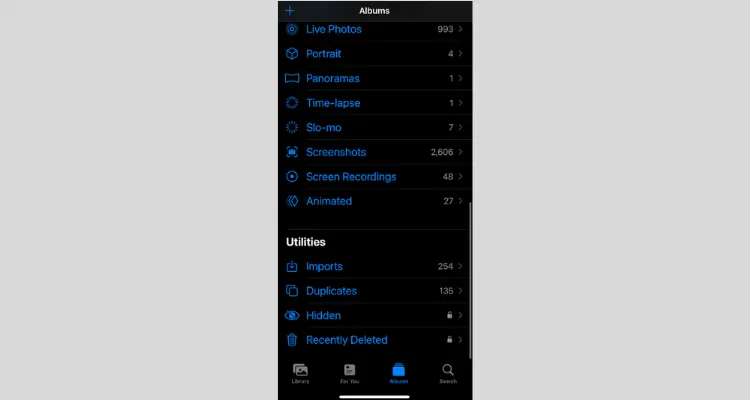Anyone who is a Sparkasse customer could once again be the focus of criminals. Consumer protection is currently issuing a warning.
Bank customers are repeatedly confronted with so-called phishing emails in which strangers pretend that they have to share their personal data for an urgent reason. Sometimes – as in the current fraud in the name of Savings Bank – this request is even accompanied by a threat.
Sparkasse: This scam is currently circulating
As the consumer advice center reports via its phishing radar, another such email is currently targeting Sparkasse customers. It is sent with the subject “Important security message” and contains a threat of a fine if victims do not comply with the requests.
The experts classify the amount of the alleged fine as “extraordinary”, because the criminals are threatening a full 5,200 euros in this particular case. Otherwise, the content follows the already known methods that are ultimately intended to lead to the release of important data.
This is how the criminals operate
As consumer protection explains, victims are initially informed that there is a supposedly invalid device registration. Since numerous attempts to contact the company have failed, access has been restricted. In detail, it says: “We have already tried to contact you several times, but without success. […] For this reason, all devices will be deregistered and blocked for use.”
In order to correct the error, Sparkasse customers are asked to adjust their registration data. Otherwise, a fine of 5,200 euros will be imposed. The enormous amount of this fine is intended to exert even more pressure and entice those affected to make the alleged correction as quickly as possible. An attached button with the inscription “Go to my Sparkasse” is available for this purpose.
This is what the experts recommend
As the consumer advice center explains: “We recommend that you do not respond to this request and do not let the alleged fine influence you. This attempted fraud belongs unanswered in the spam folder.” One problem that arises is that the sender address of the phishing email is not clearly recognizable as a fraud. However, the unprofessional design in the style of the Sparkasse, the impersonal greeting and the link within the email are fairly clear signs.
Sources: Consumer Center (Phishing Radar)
By Dana Neumann









